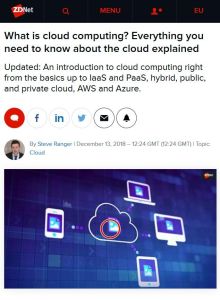
Recommendation
Some technology users may not even realize they’re in the cloud when they use Office 365, Salesforce or Netflix; others have merely a sketchy grasp of the inner workings of cloud technology. But decision makers who consider moving business processes to the cloud must have a better understanding of the benefits and risks the cloud presents in terms of costs and security. Steve Ranger, UK editor in chief of ZDNet, delivers an easy-to-digest primer on cloud computing and explores the advantages and disadvantages companies face when considering cloud technology.
Summary
About the Author
Steve Ranger is an award-winning journalist and UK editor in chief of ZDNet and TechRepublic. He writes about technology, business and culture and regularly discusses tech issues on TV and radio.


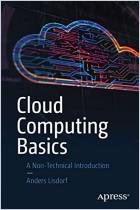
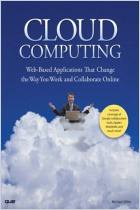
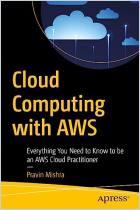
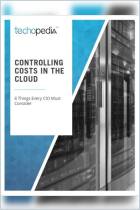
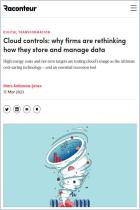
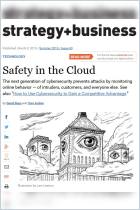



Comment on this summary